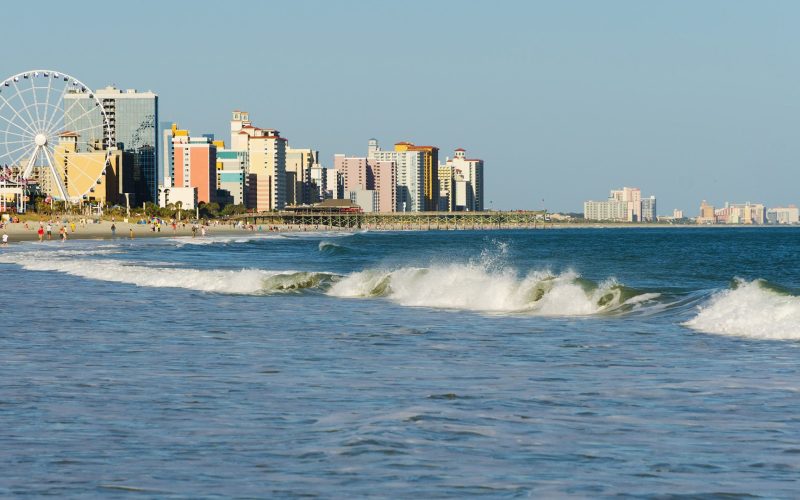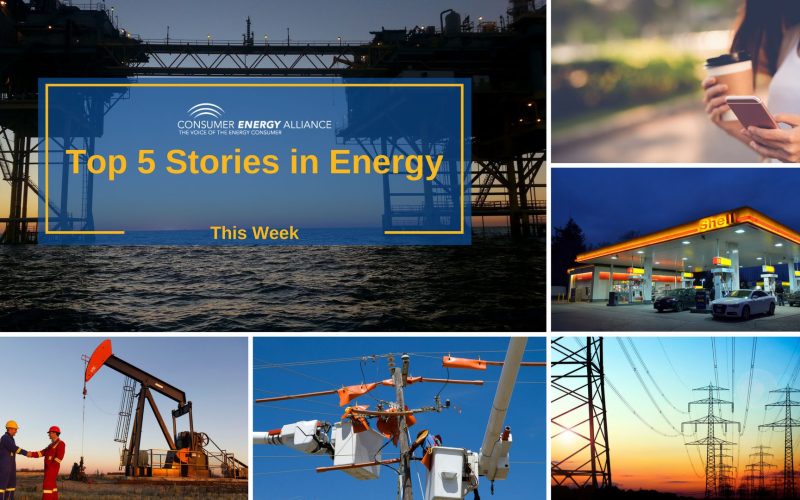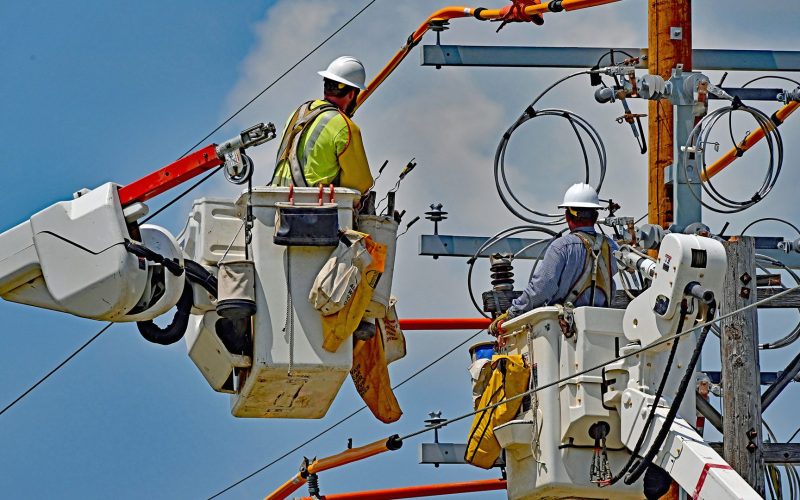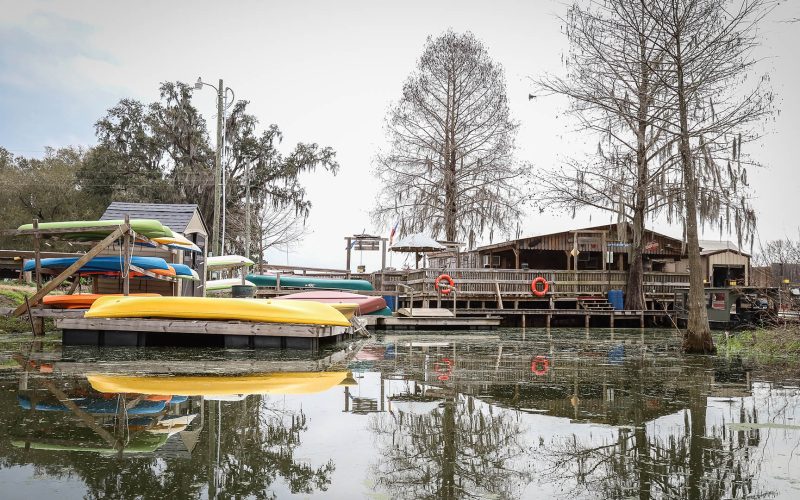THE VOICE FOR THE ENERGY CONSUMER

In extraordinary times like we’re experiencing now with the COVID-19 crisis, everyday work that rarely gets the attention or recognition it deserves suddenly enter the spotlight. We may think of.

CEA previously released a statement supporting the Federal Energy Regulatory Committee and National Association of Regulatory Utility Commissioners’ joint effort in designating utility workers as essential. Brydon Ross explains why.

New infrastructure always brings new revenue to the community. Chris Ventura, Consumer Energy Alliance Midwest Director urges Ohioans to support the Belmont County cracker facility. “This new supply chain will.

The Public Utility Regulatory Policy Act (PURPA) is costing consumers billions, and desperately needs an upgrade. CEA Southeast Director, Kevin Doyle shares how it’s impacted South Carolinians. “PURPA forces utilities.

Much has been happening across the United States as Americans continue to wait for the latest news updates on COVID-19. Over the last week, many states have given stay-at-home orders.

Washington, D.C. – Consumer Energy Alliance (CEA), the leading consumer energy advocate, applauds and supports the joint effort by the Federal Energy Regulatory Commission (FERC) and National Association of Regulatory.

Houston, TX – Consumer Energy Alliance (CEA), the leading consumer energy advocate, released the following statement after a Judge with the U.S. District Court for the District of Columbia ordered.

Houston, TX – Consumer Energy Alliance (CEA), the leading consumer energy advocate, released the following statement after the U.S. District Court for the Middle District of Louisiana rejected a challenge.

Consumer Energy Alliance and other industry groups urged the Supreme Court to repeal a ruling on the PennEast pipeline, citing that the ruling would have devastating impacts on families, farmers.

When a state’s economy saves $60 billion from one industry, it’s best to keep that industry afloat. It is important that Texas policymakers ensure that a booming industry doesn’t take.